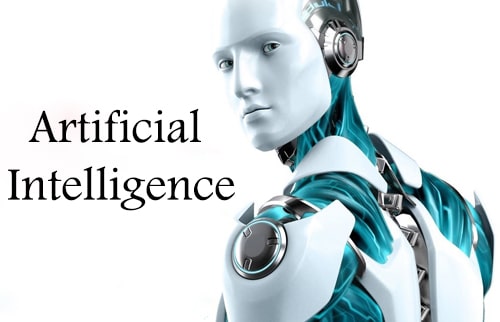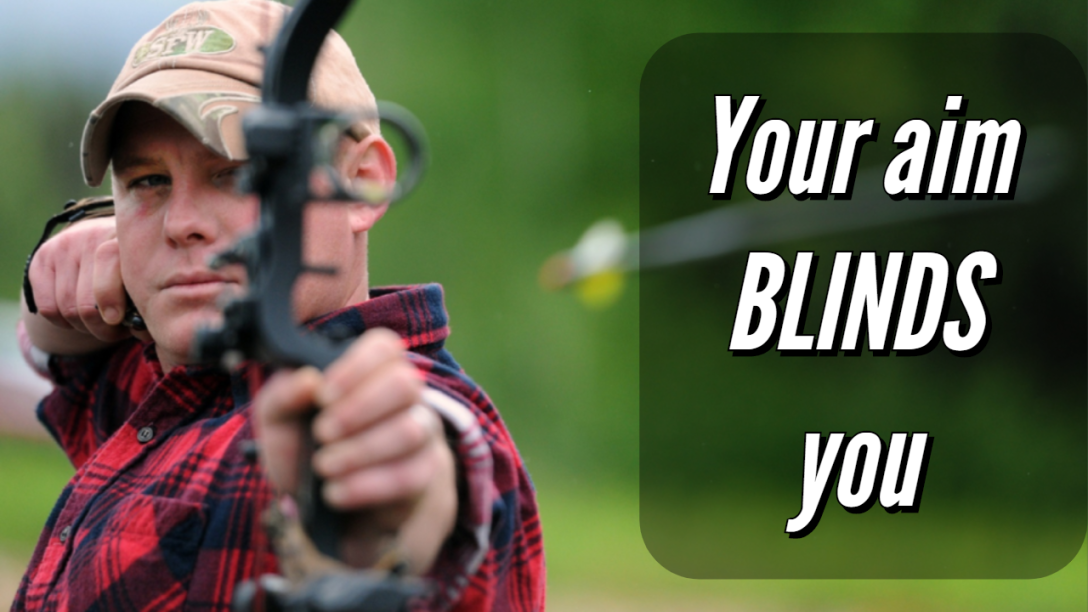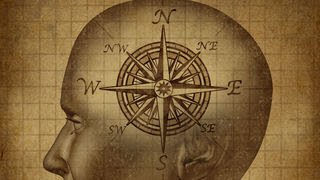To a man with a hammer, everything looks like nails. There are some shocking truth to this quote.
To comprehend this complex world, we use selective perception. Now you might ask, who decides what we see? Well the answer is, what you aim at decides what you see.
Vision is selective. The world is too complicated to take it all in and process everything every second.
Maybe some of you are familiar with the basketball and gorilla test. For those of you who don’t have a clue here’s a summary: So, some researchers arranged a basketball match and asked the research participants to count how many times the white team threw the ball at each other. Everyone starts counting. Meanwhile, a giant gorilla comes along and dances around in the middle of the screen. The gorilla avoids any area where the ball is.
Most of the participants counted the number of times the ball was thrown correctly. They completed the task with success. But wait, , most of them did not see the giant gorilla! Now this is a study done by credible scientists. Many other studies have been done like this with similar and shocking results.
This illustrates the point I made earlier. You see what you look at. So, if you are dreaming of your ‘six figure passive income at the Malibu beach’ lifestyle all the time, but at the same time worry about why you won’t sit down to study or do your bed or workout and etc other problems, remember this discussion. You are blinded by your own aim. Yes your ambition blinds you to all the goodness around you.
If all you see is violence and crime, maybe all you are looking for is violence and crime. You can replace this with anything else and its still true. It can be lack of opportunities, or maybe a plethora of opportunities. Maybe you see danger , or maybe you see safety. You could see betrayals everywhere, or rather trust and camaraderie. Whatever, I guess my point comes across.
A better approach to life
So what’s the way out? How to see the greater truth? How to notice more of reality and see the opportunities around you?
Odin sacrificed one of his eyes to see the greater truth. He could no longer aim well. But this made him see more! (spoiler for Thor: Ragnarok ahead) Thor lost one of his eyes in Thor: Ragnarok. But it gave him wisdom.
You see the metaphorical connection here?
Sacrifice. Sacrifice your aim. This seems to be the answer.
But really? Isn’t it stupid not to have an aim? After all, the school system has asked us to write about our aim since we were children. There is also this saying that: a man without an aim is like a ship without a rudder. Well this is wisdom too! We can’t just leave this advice and start living an aimless life right?
Well, this is actually where my own understanding remains insufficient. I cant really argue against this. But I can see how obsessive coalition with an aim is bad. It can make life shallow. Specially, when human tendency is to ignore everything that is beyond your aim.
Your own well being could be beyond your aim and you would ignore it! Your family’s well being could be beyond your aim and you would ignore it too! Same goes to your tribe, your country and the whole world! It pains me to think how many CEO s have been blinded to the fact that they are harming the planet and ruining our future, because they cant even see it! They are blinded by their goal: more wealth for the shareholders!
I had been blinded by my aim too. I failed to see that doing the right things in the present moment, like, building good habits, doing positive and productive things that I also enjoy doing and taking the opportunities already in front of me is what would make me better, not blinded hankering after a single aim.
So do we aim at nothing? Do we become like ships without a rudder and wander around aimlessly all our life?
To answer that, let us can break the problem into three sub-components first-
- We see only what we aim at
- We want our life to be well and possibly get better every moment
- As a result, we want to look at-a) the good things already existing in our life.b) The existing possibilities to improve our life
I have a solution here. Well, It’s not an original idea. I got it from Dr. Jordan Peterson’s book: ‘12 rules for life: an antidote to chaos’

The idea is:
First, sacrifice your aim. Then aim again. This time, aim at good. Your aim now is to do whatever good you can do to make your life better than it has been.
This puts you in an upward trajectory. Now you may see all the good and more conveniently, all the evil around you.
I’ve been following it since 2 or 3 weeks now. And it has made me realize things in my life that I didn’t before.
There can be a plethora of ways to see the world. The more we experiment and see the world through different lenses, the closer to the lens we are that may lessen sufferings.
So, give up on your aim for maybe a week and act accordingly. See what greater truth you discover!



